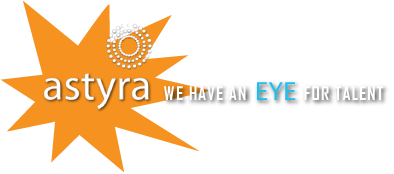The interview can be most difficult and nerve-wracking step of the job hunt process. Some of us have only had a few interviews which have all resulted in job offers, while some of us have left interviews feeling like failures. This may seem like a no-brainer but the key to interviewing is practice, practice, and MORE practice! Even if you think you’re naturally amazing at interviews, it won’t hurt to practice anyway! Here are some ways you can get more interview practice outside of the ACTUAL interviews you want to nail for that dream job.
- Apply for jobs you don’t want.
It sounds crazy I know, but this is an easy way to get a few practice interviews under your belt. Note, this only works if you THINK of them as practice! Apply anywhere, it doesn’t matter where. Wait for them to call you for the phone screen and practice away! If they want to interview you in person, that’s even better. There is no loss here for you since you’ll get the practice you need.
- Partner up with family and friends.
Set up a weekly a mock interview with your parents, siblings or even your best bud. Keeping this scheduled with a partner will also help hold you accountable to weekly practice. It is best if they choose the questions, you want this to feel like a real interview, and in a real interview you won’t know what the interviewer is going to ask!
- Look for official mock interview resources.
This can be an online platform or maybe the local community college that has resources set up with professional mock interviewers. Take full advantage and use as many resources as you need to practice as much as you can. Also, make sure you are practicing all KINDS of interviews, such as: the phone screen, phone interview, video/Skype interview, and the in-person interview.
After all this practice, there is no doubt interviews will become a piece of cake. Have you ever practiced interviewing? If so, how did it go? If not, do you plan to now?
Share this post:






What’s on your mind?